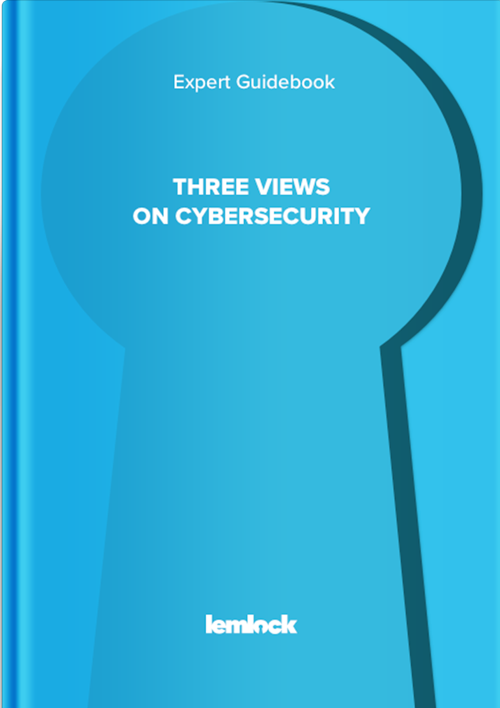The security of critical business information is a matter of appropriate procedures and documents, but – above all – the resource security in terms of technology. What did the latest cyberattacks look like and how can you protect yourself and your company from them?
In the article you can find:
- information about cyberattacks and the role of the GDPR,
- explain why Meltdown and Specter are a serious cyberthreat,
- suggestions for action against cyberattacks.
The security of critical business informationis a matter of appropriate procedures and documents, but – above all – the resource security in terms of technology. Even a cursory case study of cyberattackscarried out to date shows that there are plenty of backdoors that cybercriminals can use to get to the company resources. That is why it is important to know the basic mechanisms of cybercriminals and keep up to date with information about the carried out cyberattacks.
Cyberattacks and GDPR
The majority of companies strongly focus on their security, in connection to the introduction of new European guidelines on the protection of personal data – GDPR (General Data Protection Regulation). It’s understandable and reasonable, but you need to keep in mind that protecting the personal information is not enough! Companies possess a lot of critical information and resources that should be particularly protected, e.g. know-how, contracts and data on employment procedures, non-disclosure agreements (NDA) and non-compete agreements (NCA), databases, payrolls, technologies and recipes, etc.
The imagination of cybercriminals knows no bounds. Every day, the Internet brings new technical safety information, which is used for various purposes – also to get through the security measures. Attacks are carried out not only for financial reasons, but often also for fun and to test one’s skills. One of the examples of such attacks was the activity of the LulzSec group, based on very simple mechanisms and obviously aimed at creating the media buzz.
Another example which can make us realise that nowadays nobody can feel safe was the Melissa virus – one of the first mail worms that infected a great number of computers and showed that, by exploiting human ignorance and naivety, you can break through almost anyresource security.
Cyberattacks – Meltdown and Spectre
The recent hot topic was the detection of Meltdown and Spectre vulnerabilities, posing a serious threat to devices using Intel processors, and partly – AMD and ARM. The flaws in the processors responsible for cache, existing for over 20 years, were reported by Google scientists. Thus, a debate about the security level of devices with these processors began. In a nutshell, Meltdown is a weakness that allows a direct access to the data stored in the processor cache, and Spectre is actually two threats classified as CVE-2017-575 (bounds check bypass) and CVE-2017-5715 (branch target injection). Meltdown patching is fairly simple, but requires security updates for operating systems, which may result in slowing down the computers (according to some estimates – up to 30% in case of operations on large databases or specific applications). The issue regarding Spectre looks a bit more serious, because in theory, it is not possible to patch one of its 2 variants.
Although Meltdown and Spectre attacks are unlikely to be experienced by the average Joe (provided that he has updated his web browser), cloud companies, providers of hosting or any other internet services should take such risks into account. In the case of those types of threats, it is good to follow the latest information and recommended resource security.
Cyberattacks - what actions to take??
Keeping track of the information about cyberattacks allows you not only to be up-to-date with existing threats and react efficiently, but also to anticipate and prevent dangers. That’s because most of them use similar general mechanisms and provide the basis for introducing special security measures. Characteristics of specific cyberattacks with an expert commentary and inspirations regarding the security of critical information can be found in the cybersecurity category on the Lemlock blog. The awareness of our own vulnerabilities, gained by studying the attacks, usually gives the answer to the following questions:
- “do I need additional security measures?” and
- “how to increase the resource security?”.
When looking for an answer, it is good to rely on consultations with experts. Either way, the knowledge about the types of threats to information security key resources is at your fingertips.








Let's stay in contact